T4K3.news
Russia rejects Trump's Ukraine ceasefire ultimatum
Russia denies Trump's 50-day ceasefire demand, asserting military objectives will continue.
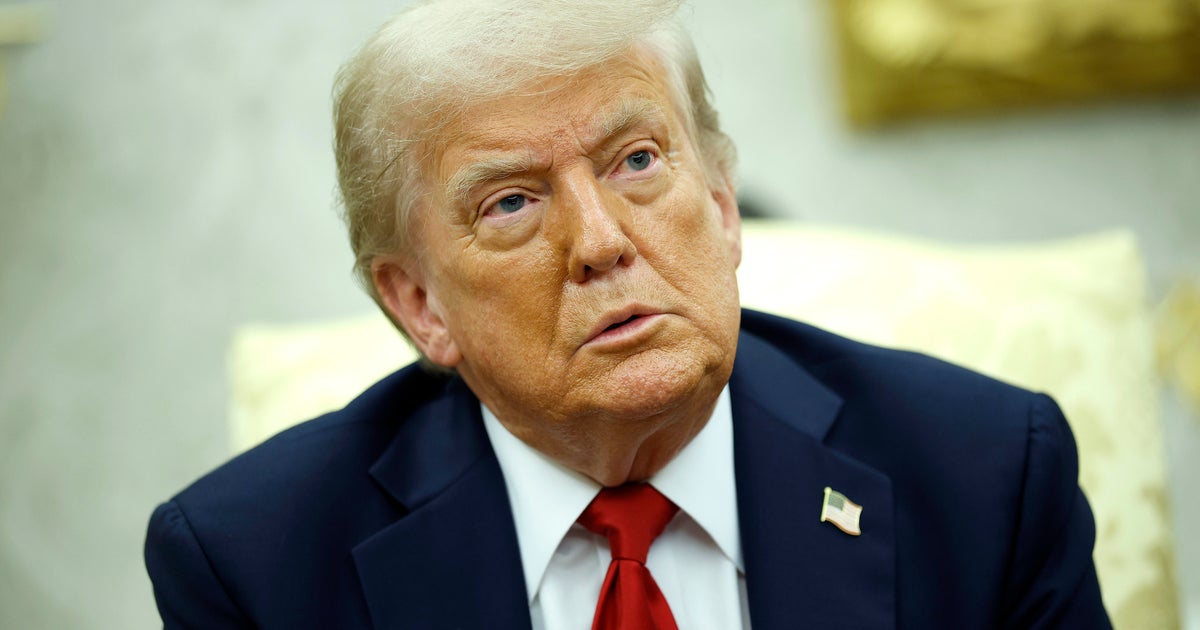
Russia has firmly rejected Trump's ultimatum to sign a ceasefire deal for Ukraine within 50 days.
Russia dismisses Trump's 50-day ultimatum for Ukraine ceasefire
Russia has rejected President Trump's demand for a ceasefire in Ukraine within 50 days, calling it "unacceptable." Deputy Foreign Minister Sergey Ryabkov emphasized that ultimatums do not align with Russia's approach, stating their preference for ongoing negotiations. He made clear that the Russian military operation, ordered by President Vladimir Putin, would continue until its goals are met. Kremlin spokesperson Dmitry Peskov confirmed the seriousness of Trump's remarks and noted that President Putin might address them in the future. This diplomatic tension comes amid Trump's mention of imposing tariffs on countries that engage with Russia if a deal is not reached, highlighting increasing pressure on Moscow. Ukrainian President Volodymyr Zelenskyy expressed gratitude for U.S. support but remains hopeful for more discussions with Trump to end the conflict.
Key Takeaways
"Demands, especially ultimatums, are unacceptable to us."
This highlights Russia's firm stance against external pressures on its military operations.
"We need to focus on political and diplomatic work."
This reflects Russia's preference for negotiations rather than ultimatums from the U.S.
"Some of it is addressed personally to President Putin."
Peskov's comment illustrates the seriousness with which Kremlin views Trump's position.
"It's important that we have such a good relationship."
Zelenskyy's statement emphasizes the importance of U.S. support for Ukraine.
Russia's outright dismissal of Trump's ultimatum underscores a significant divide in diplomatic approaches to the Ukraine conflict. While Trump seems eager to apply pressure for a swift resolution, Russia is committed to its military objectives. This situation illustrates the complicated web of international relations and the challenges of negotiating in times of conflict. The emphasis on tariffs indicates a broader strategy aimed at isolating Russia economically, yet it risks escalating tensions further.
Highlights
- Trump's tariffs could escalate the situation even further.
- Russia insists it will not bow to ultimatums.
- Dialogue is key, but the path forward remains unclear.
- Negotiations are preferred, but goals must be achieved.
Increased tensions due to diplomatic conflicts
The rejection of a ceasefire ultimatum may exacerbate tensions between Russia and the U.S., potentially affecting international relations and security.
The future of negotiations looks increasingly complex as both sides dig in their heels.
Enjoyed this? Let your friends know!
Related News

Putin ignores Trump's Ukraine war ultimatum
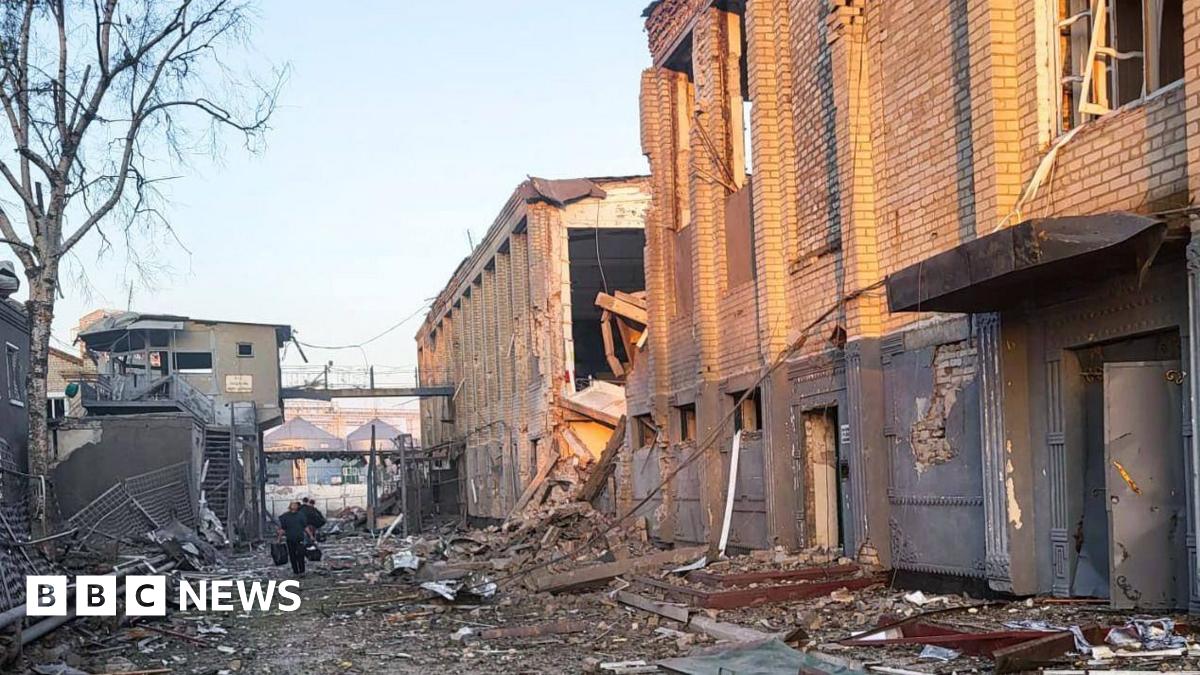
Russia strikes Ukrainian prison, killing 17
Russia reiterates peace conditions with Ukraine

Trump issues ultimatum to Putin over Ukraine ceasefire

Trump threatens Putin with new deadline over Ukraine war
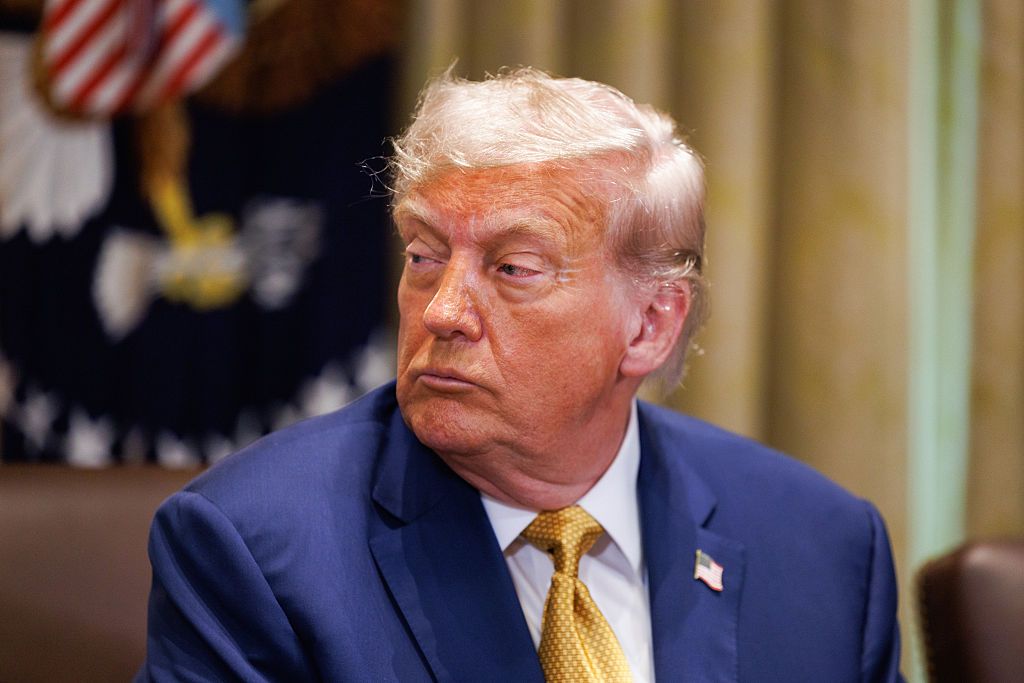
Trump sets peace deal deadline for August 8
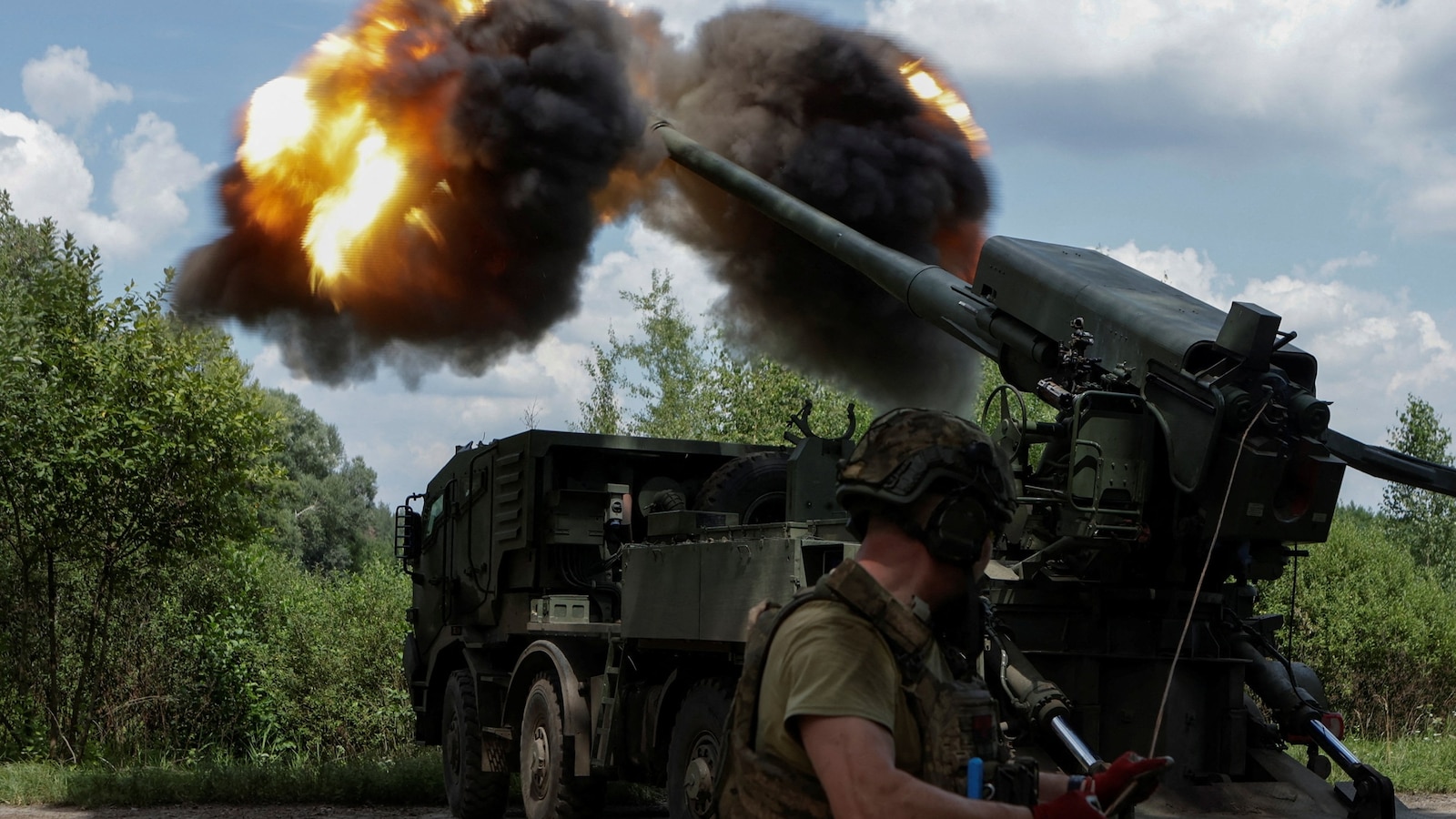
Trump announces new ceasefire deadline for Russia
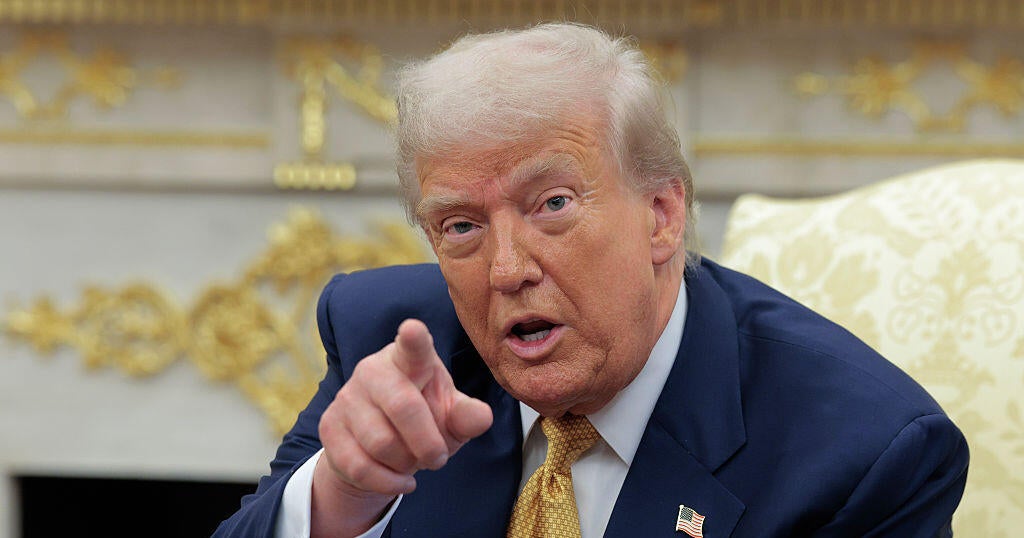
Trump announces positioning of two nuclear submarines
